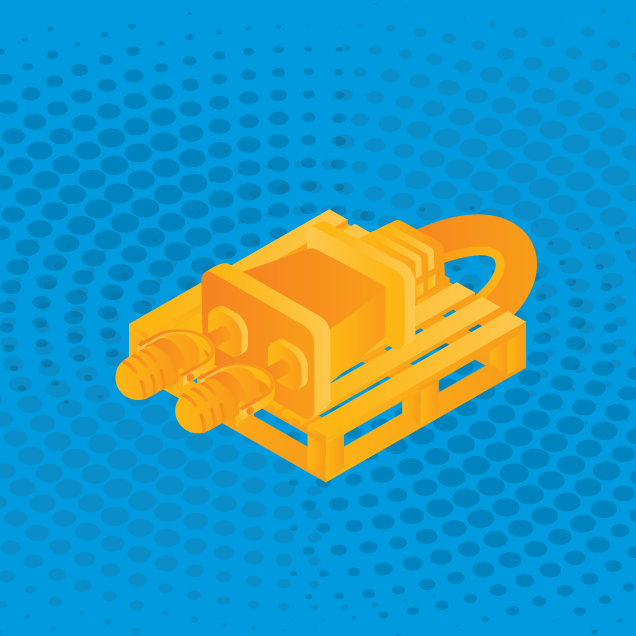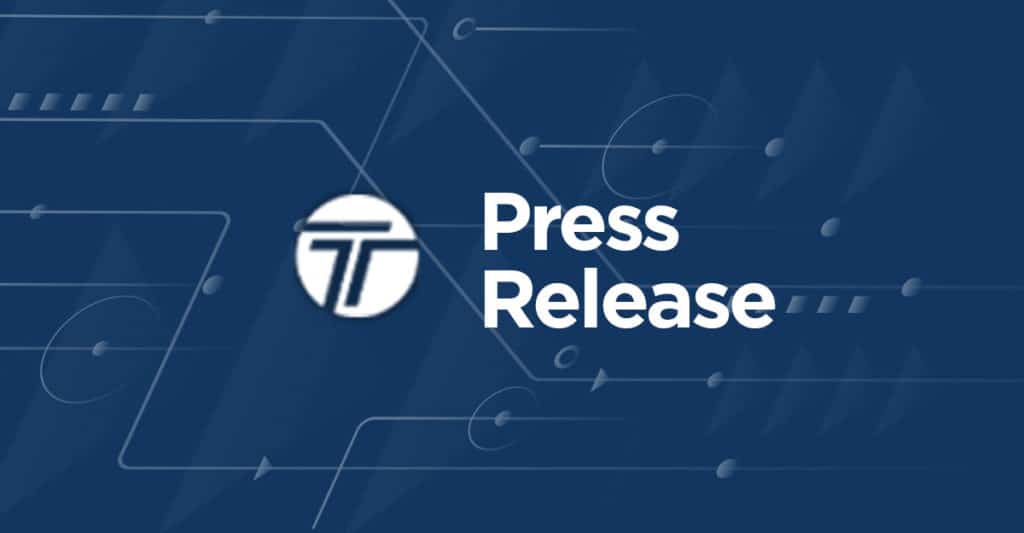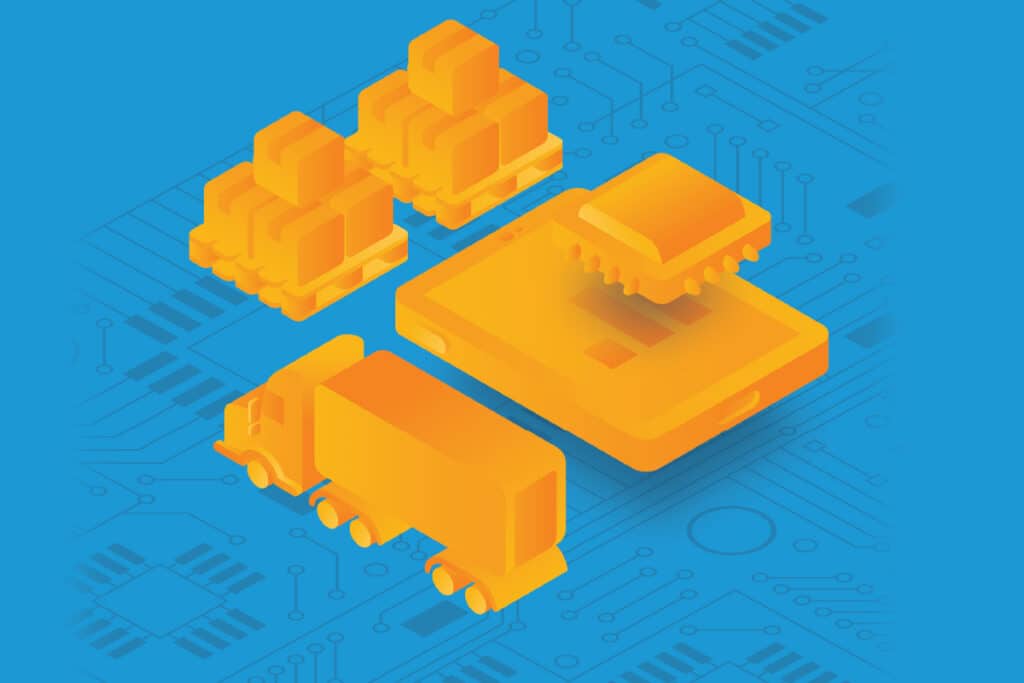
By now almost every company, regardless of industry, realizes just how vital data is for their daily operations. Managing and utilizing data properly, and even technology for that matter, isn’t just about making your company run more smoothly (although that is certainly part of it) but it’s also crucial for growth in the modern marketplace. For that reason, many companies are looking at how to gather their data, but how best to utilize it.
One of the biggest barriers to technology is cost. Plain and simple.
One of the biggest barriers to technology is cost. Plain and simple. Managing the necessary software licenses alone can be costly. So can building a server system. And what happens if your company is struck by a natural disaster? If something happens to the database, a company could lose everything in an instant. That’s one of the big reasons why we wanted to talk about SQL PaaS migration. It offers companies a lower-cost method of housing, accessing, and protecting their data using a less labor-intensive system.
What is SQL?
Data is what helps companies grow, and we interact with it on a daily basis. Of course, there is the typical data for orders, customers, sales, and the like, but there are also loads of intrinsic data such as unload times at customer Y’s warehouse. Having that data is like an extension of the senses, it allows shippers to better “see” their supply chain in motion and make improvements and corrections.
In this instance, there certainly is a thing as “too much data” which can become cumbersome very quickly. That’s where SQL comes into play.
However, storing and accessing all that data can be a tremendous task, not to mention incredibly labor-intensive if you’re trying to search for specific pieces of information. In this instance, there certainly is a thing as “too much data” which can become cumbersome very quickly. That’s where SQL comes into play.
SQL or “Sequel” is a type of computer language that talks directly to databases. It’s incredibly useful in that it can very quickly pull data out according to specific parameters.
What is PaaS?
PaaS or Platform as a Service is the next level of cloud computing. Rather than a company having to undertake the uncertainties of managing software licenses, infrastructure, and middleware, they simply manage the applications and services they develop, such as a database, and the cloud service provider typically takes care of the rest.
In short, Paas is a highly efficient system for companies looking to improve their technology without a lot of costs.
5 Reasons Why We Want to Migrate to PaaS
When BlueGrace started, PaaS wasn’t as nearly sophisticated as it is now. Since the technology has matured, we’ve decided to make the switch from IaaS (infrastructure as a service) over to PaaS and we think there are a number of other companies that could also benefit from making this switch.
- Tech Refresh: Technology and software get old and eventually become obsolete. Our SQL was from 2014 and posed problems with updates and patches. By switching over to PaaS, it gave us a chance to update our underlining database technology without the risk of tremendous downtime. Additionally, future updates are as simple as a drop-down box menu.
- Reduced Complexity and Improved Disaster Recovery and High Availability Footprint: Setting up a database can be a considerable undertaking, requiring days if not weeks of work. Like we mentioned above, if something happens to the physical location, all that data can be wiped out in an instant. SQL PaaS allows us to set up a Disaster Recovery database in a matter of minutes.
- Removed Monthly Maintenance to Hardware Infrastructure and Software Updates: While it might not be the most time-consuming task, it can be tedious. Ensuring that updates are installed when they become available is crucial to data security. SQL PaaS does this automatically which means that security patches are up to date as soon as possible.
- Tightened Security: In addition to software patches, SQL PaaS incorporates a multi-factor authentication system into its operations so even if someone’s password was compromised, our data is still secure.
- Cost Savings: In addition to the tech refresh, reduced complexity, and heightened security, there was a tremendous cost savings for switching over to PaaS. Working with IaaS required expensive software licensing and computers. Since the data migration, we’ve cut upwards of 60 percent of our annual technology costs.
For BlueGrace, it was a simple choice to make. There were a lot of benefits to migrating our data from IaaS to PaaS. If you’d like to learn more about our experience or how a SQL PaaS database might be the right choice for your company, we encourage you to listen to our free webinar today.


